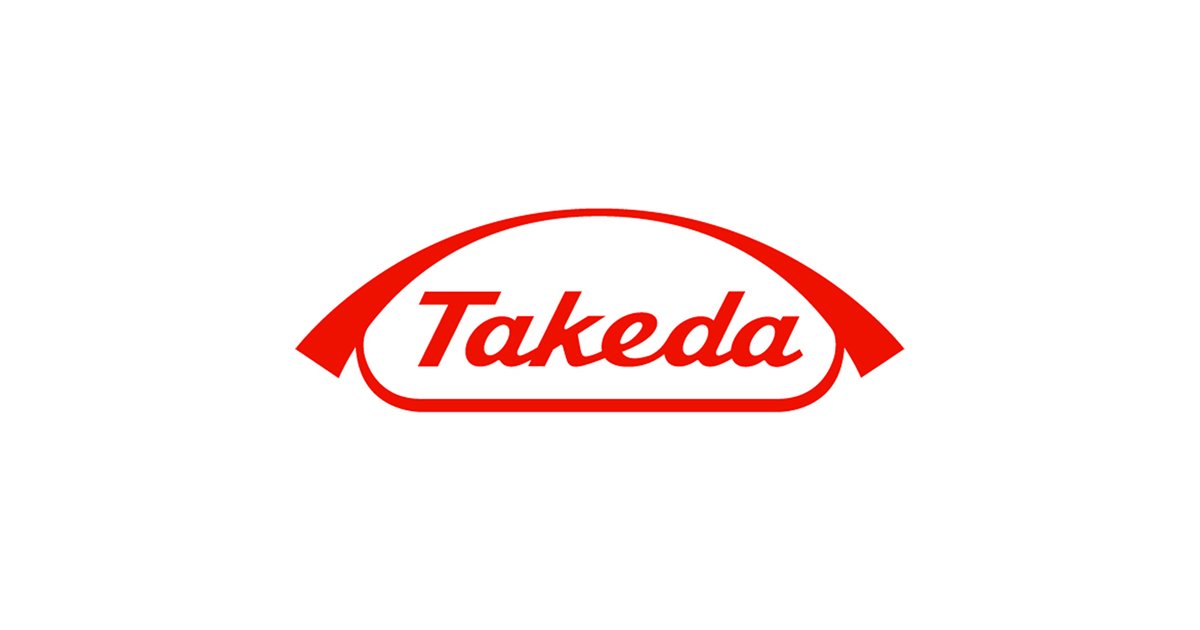Takeda to exclusively commercialize JR-141 outside the U.S. (except Japan and certain other Asia-Pacific countries) upon regulatory approval

Takeda Pharmaceutical and JCR Pharmaceuticals announced a geographically-focused exclusive collaboration and license agreement to commercialize JR-141 (INN: pabinafusp alfa), an investigational, next-generation recombinant fusion protein of an antibody against the human transferrin receptor and iduronate-2-sulfatase (IDS) enzyme for the treatment of Hunter syndrome (also known as Mucopolysaccharidosis type II or MPS II).
Hunter syndrome is caused by a deficiency of IDS and manifests in different forms. JR-141, applied with J-Brain Cargo, JCR’s proprietary blood-brain barrier (BBB) technology, is engineered to transport the therapeutic enzyme across the BBB to directly reach the brain and address both the somatic and neuronopathic manifestations of the disease, which can lead to progressive cognitive decline.
Under the terms of the exclusive collaboration and license agreement, Takeda will exclusively commercialize JR-141 outside of the United States, including Canada, Europe, and other regions (excluding Japan and certain other Asia-Pacific countries). JCR will receive an upfront payment for such an ex-U.S. license and is eligible to receive additional development and commercial milestones as well as tiered royalties on potential sales. The two companies will collaborate to bring this therapy to patients as quickly as possible upon completion of the global Phase 3 program, which will be conducted by JCR.
Takeda receives an option under a separate option agreement, which allows Takeda to acquire an exclusive license to commercialize JR-141 in the U.S. upon completion of the Phase 3 program.
“Takeda is committed to continuously improving the way Hunter syndrome is treated. JR-141 introduces a new way to deliver proteins across the blood-brain barrier, overcoming our current challenges to treat the underlying neuronopathic manifestations of Hunter syndrome and help maintain or improve cognitive function in these patients,” said Dan Curran, M.D., Head, Rare Genetics & Hematology Therapeutic Area Unit at Takeda. “We will work closely with JCR to apply our expertise in enzyme replacement therapies with the hope of bringing this potentially transformative therapy to patients as quickly as possible.”
“JCR is pleased to have reached an agreement with Takeda who is well placed to achieve our common goal of maximizing the impact of JR-141,” said Shin Ashida, President, Chairman of JCR. “Our mission is to provide transformative treatment options as soon as possible to patients with lysosomal storage disorders (LSDs) with central nervous system symptoms, such as Hunter syndrome. JR-141 is the first-ever approved biopharmaceutical in Japan that penetrates the blood-brain barrier. I expect that we will be able to achieve this mission through our partnership with Takeda to deliver a new treatment option to Hunter patients around the world as swiftly as possible.”

Subscribe To Our Newsletter & Stay Updated